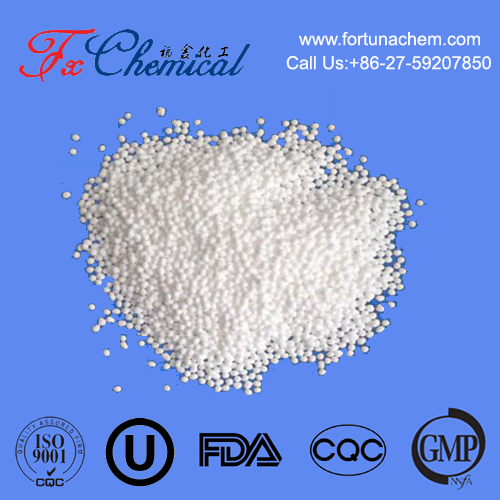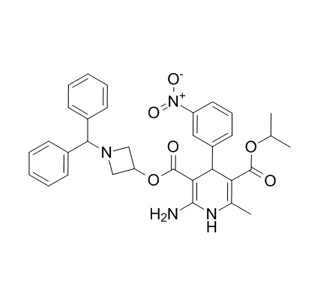
Search

Search

Ester gum, scientifically known as Glycerol Ester of Wood Rosin, is a widely utilized food additive. Its core function is to act as an emulsifier and stabilizer, enabling oil and water-based ingredients to blend seamlessly. This capability is pivotal in the food and beverage industry, ensuring consistency and desirable texture in products. Commonly found in citrus-flavored beverages, chewing gums, and certain confectionaries, ester gum helps maintain an even distribution of flavoring oils, preventing them from separating during storage or consumption.
The manufacturing of ester gum involves a chemical reaction known as esterification, where gum rosin reacts with glycerol. Gum rosin, derived from pine trees, undergoes this process to transform into a more industrially versatile ester gum. The production settings meticulously control reaction conditions like temperature and time, ensuring the product's consistency and quality. These industrial methods highlight the synthesis's precision, underlining the critical balance between reactants and conditions to produce the desired ester gum effectively.
In the realm of food, ester gum shines as an emulsifier and stabilizer, essential in creating a harmonious mix of ingredients that would otherwise separate. Its role is crucial in products like chewing gum, where it helps retain flavor and manage texture over extended periods. Additionally, ester gum finds its place in various food items such as baked goods and sauces, providing consistency and enhancing mouthfeel, thus contributing significantly to the sensory attributes of the culinary delights.
Ester gum's functionality extends into beverages, where it ensures the stability of emulsions, particularly in flavor-rich drinks like citrus sodas or energy beverages. Its ability to keep flavor oils uniformly distributed prevents them from floating to the surface or settling at the bottom, maintaining the drink's intended taste and appearance from the first sip to the last.
Regarding health, ester gum is recognized as safe by regulatory authorities like the FDA, designated under the Generally Recognized As Safe (GRAS) status. However, while it's deemed safe for consumption, awareness and monitoring of any potential side effects, particularly in sensitive populations, are advised. The substance's health assessment includes considering its dietary intake levels, toxicological data, and compliance with established safety standards.
The vegan status of ester gum can be contentious, primarily due to its glycerol component, which can be derived from animal sources. Despite this, the wood rosin part is plant-based, prompting a nuanced discussion within the vegan community about its acceptability. For those seeking alternatives, various plant-derived emulsifiers like agar or carrageenan can serve similar functions without the ethical dilemmas associated with animal-derived ingredients.
Yes, within regulatory guidelines, ester gum is safe for most consumers.
It stabilizes flavor emulsions, ensuring uniform taste and quality.
Its vegan status depends on the glycerol source; alternatives are recommended for strict vegans.

Quick Links
Add:
E-mail:
 English
English  Español
Español  français
français  العربية
العربية 


